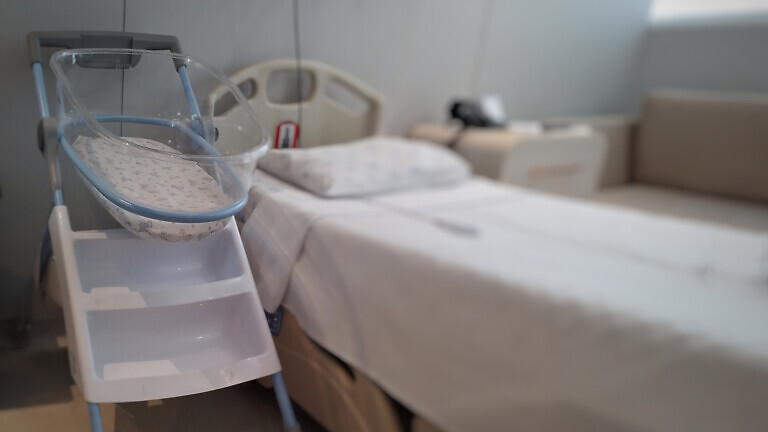The Stablepharma tetanus-diphtheria vaccine has entered its first clinical trial at the National Institute for Health and Care Research (NIHR) Southampton Clinical Research Facility.
The first vaccine that doesn’t need to be refrigerated or frozen has entered its first clinical trial at the National Institute for Health and Care Research (NIHR) Southampton Clinical Research Facility. The facility is located at Southampton General Hospital.
The Stablepharma tetanus-diphtheria vaccine (SPVX02) is completely stable at room temperature. It has been designed to expand access worldwide greatly.
Backed by Innovate UK, part of UK Research and Innovation (UKRI), biotech company Stablepharma has developed the novel technology. Stablepharma’s platform converts existing approved vaccines to fridge-free versions which are thermostable.
“This research will be an important step toward exploring whether this innovation could eradicate vaccine wastage and move away from the need for the cold chain,” said Saul Faust, director of the NIHR Southampton Clinical Research Facility.
The Phase I clinical trial is expected to finish in Summer 2025. Results will be published by the end of the year. Stablepharma hopes the vaccine will be in use globally by 2027.
Scientists at Stablepharma have previously demonstrated that the SPVX02 vaccine remains completely stable for at least 12 months at 30°C and 40°C (climate zone IVB).
The batch in the current Phase I study has a shelf life of 18 months. This has been agreed by the Medicines and Healthcare products Regulatory Agency.
The team have also shown that SPVX02 can withstand temperature fluctuation. It remained stable and fully potent after three cycles of extreme fluctuation from -20℃ to +40℃.
“If the shortcomings and complexities of the global cold chain in the distribution and storage of life-saving vaccines could be addressed through a proven fridge-free solution, such as the one being developed by Stablepharma, this would be revolutionary for the entire vaccine industry,” said Jonathan Van-Tam, former deputy chief medical officer for England and a member of the Stablepharma advisory board.
“It could also potentially lead to wider distribution and improved uptake in areas of the world where currently the stringency of the cold chain limits deployment and uptake,” he continued.



